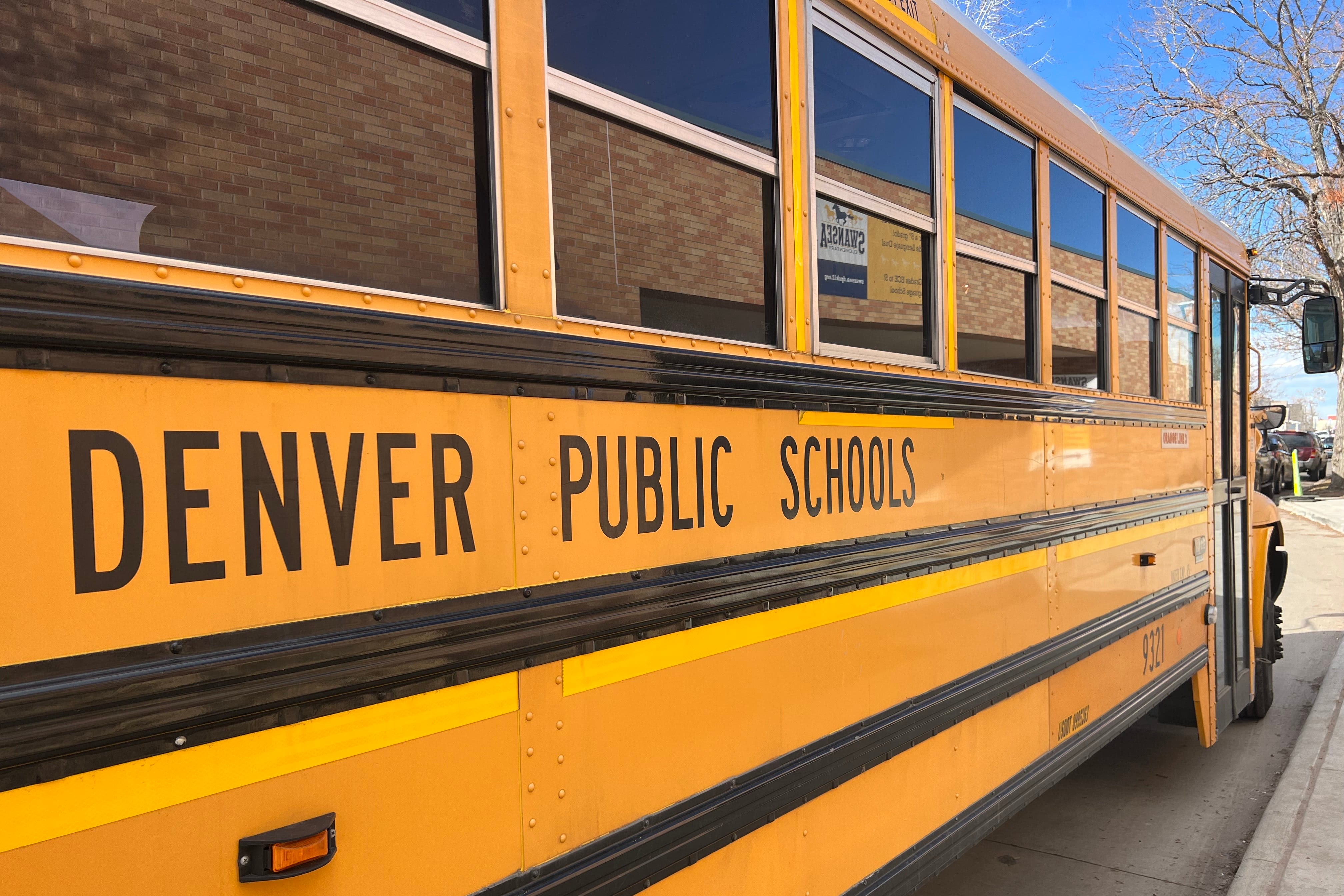Sign up for Chalkbeat Colorado’s free daily newsletter to get the latest reporting from us, plus curated news from other Colorado outlets, delivered to your inbox.
Voters will choose four Denver school board members on Nov. 4.
Eleven candidates are running for four seats. Denver Public Schools is the largest school district in the state, and the election comes at a key time. DPS is facing declining enrollment, threats from the Trump administration, and pressure to raise student achievement.
Political control of the seven-member school board is at stake. Board members backed by the Denver teachers union currently hold a majority, but the election could change that.
The Denver Classroom Teachers Association has endorsed candidates Amy Klein Molk, Monica Hunter, Donald “DJ” Torres, and incumbent Xóchitl Gaytán.
Denver Families Action, an advocacy organization with ties to charter schools, has endorsed candidates Alex Magaña, Timiya Jackson, Caron Blanke, and Mariana del Hierro.
Three other candidates — incumbents Scott Esserman and Michelle Quattlebaum and newcomer Jeremy Harris — were not endorsed by either organization.
To help voters make their decisions, Chalkbeat sent all of the candidates the same set of questions. Their answers are below.
Note: Former candidate Deborah Sims Fard dropped out of the race, but her name will still appear on the ballot. Votes for Sims Fard won’t be counted.
Melanie Asmar is the bureau chief for Chalkbeat Colorado. Contact Melanie at masmar@chalkbeat.org.







